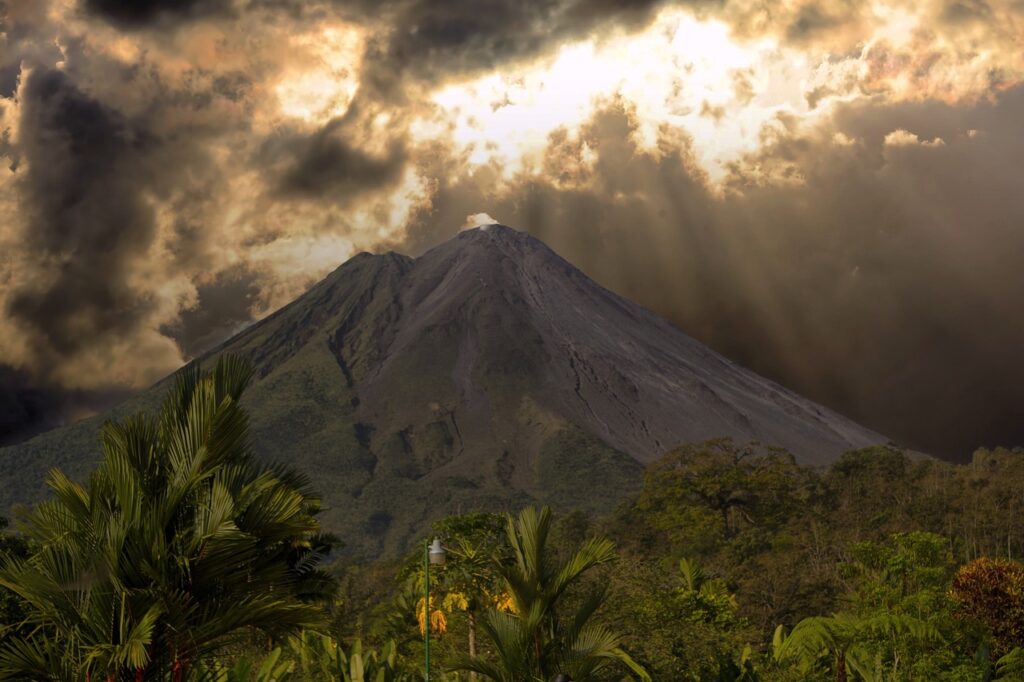The Science of Wanderlust: Why Do Humans Have an Innate Desire to Explores have an innate curiosity to explore the unknown. This drive to discover, experience new places and gain fresh insights into the world around us is known as wanderlust. As children, we were constantly exploring, seeking out small adventures and learning through experience. For many of us, that insatiable curiosity and desire for travel has stayed with us into adulthood.
Our Ancestors Were Explorers

We can trace our innate wanderlust back to our ancestors. Early humans were nomadic, traveling long distances to find food, escape harsh weather, and avoid predators. This constant search for new resources and habitats over hundreds of generations shaped our DNA. That natural curiosity to explore, take risks and push into new territory was evolutionarily advantageous.
Wanderlust Activates Our Reward Centers
When we follow our wanderlust and embark on adventures to new places, it triggers activation in the reward centers of our brain. The venturesome nature of travel stimulates the release of dopamine, a feel-good hormone and powerful neurotransmitter. This makes travel inherently pleasurable and rewarding for most people.
The more we explore, the more we crave that rush of excitement and joy we get from discovery. This cycle drives us to continue expanding our horizons through ongoing travel.
Frequent Travel Changes Our Brain

Travel has some interesting effects on our neuroplasticity, the ability of our brain to change and adapt over time based on experiences. When we travel frequently, especially to unfamiliar places, we challenge our mental frameworks and expose ourselves to new concepts. This pushes us outside our comfortable routines and habits. Frequent travel activates the learning, problem-solving and emotional regulation centers in our brains.
Over time, these changes to our neurocircuitry make us become more open-minded, culturally aware, flexible in our thinking and better able to thrive outside of familiar environments. In a sense, the more we travel, the more our brain adapts to discovery and uncertainty – fueling our innate wanderlust.
Travel Sparks Creativity
Travel exposes us to new concepts and ways of thinking that spark neural connections in our brains, boosting creativity. Exposure to different cultures and novel experiences gives us fresh perspectives and sources of inspiration. Studies show that people tend to be most creative when they are away from their everyday environment. Travel helps disrupt our usual thought patterns, leading to those “aha!” moments of insight that seed creativity.

Social Bonds and Relationships
While wanderlust may stem from innate drives, travel also strengthens our social bonds and relationships. Sharing memorable travel experiences brings us closer together and forges strong connections with the people we journey with. Travel gives us stories to share with others, and a way to relate and build rapport. Research shows that those who travel more tend to have stronger relationships and social support networks that lead to greater wellbeing and longevity.
Cultivating Fulfillment
Following our wanderlust by traveling leads to a greater sense of fulfillment and life meaning. Exposure to different ways of living and new perspectives helps challenge us with ideas about life’s purpose and meaning. Stepping outside of our normal routine helps us gain a broader outlook on life and clarity in our thinking.
The thrill of discovery through travel reinvigorates our sense of wonder and sparks nostalgia for formative life experiences. This fosters gratitude and a philosophical approach to life that strengthens our sense of meaning, growth and purpose.
In a nutshell, while wanderlust may have roots in human evolution, travel positively impacts our psychology and brain in so many ways. It activates our reward centers, enhances creativity, forges deeper relationships and gives life deeper meaning. Fulfilling our innate desire to explore through ongoing travel leads to greater wellbeing, life satisfaction and a broader view of the world. Wanderlust is a driving force behind progress, creativity, culture and adventure. Indulging your wanderlust will reap benefits for both your brain and your soul.
